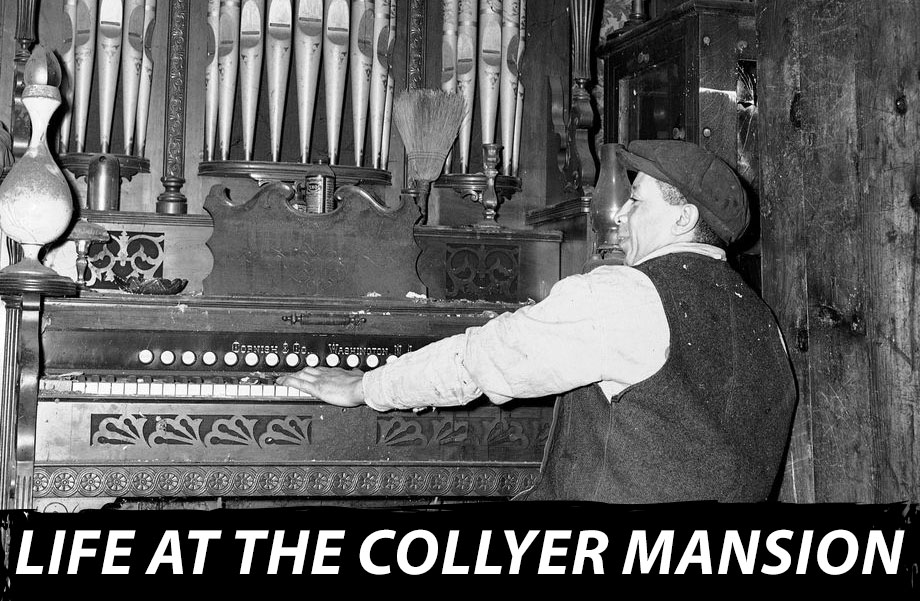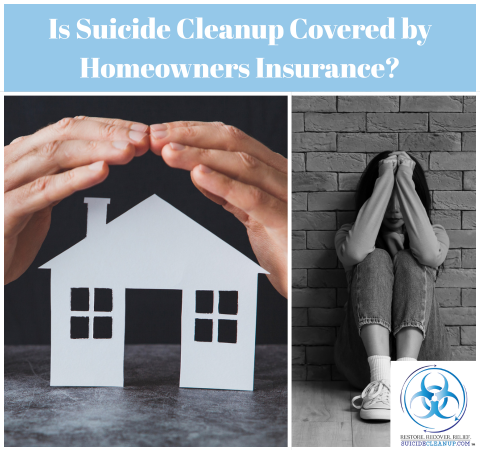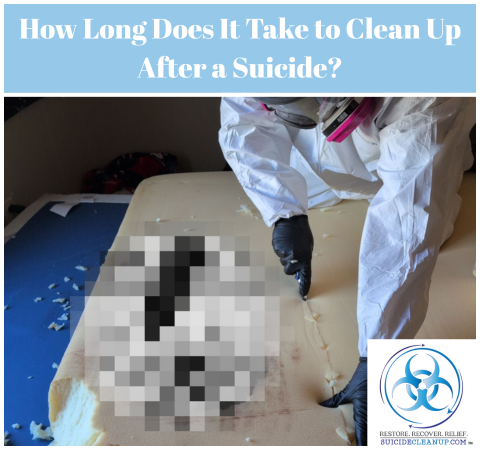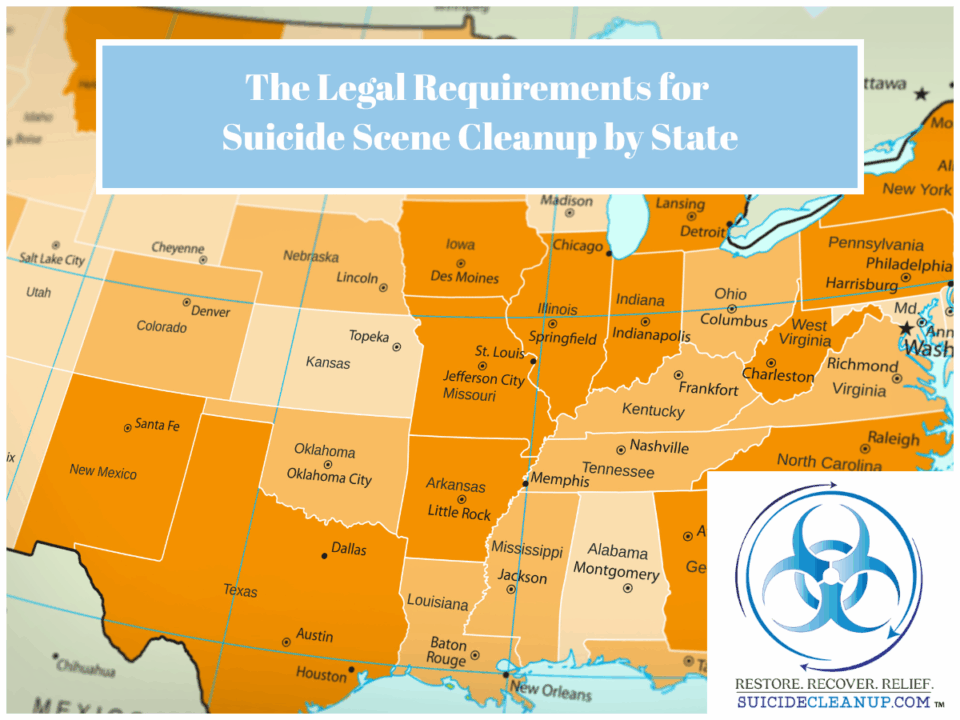
Life at the Collyer Brothers’ Mansion
February 22, 2023
Is Substance Abuse a Risk for Suicide?
April 11, 2023A recent 2020 review by the American Foundation for Suicide Prevention discovered that suicide is now the 12th leading cause of death among Americans, with a total of 45,979 successful suicides out of a total 1.2 million attempts. Further broken down, this means that there was an average of 130 suicides per day!
Suicide is a serious topic that takes millions of lives. Can it be prevented? According to a survey conducted by The Harris Poll, 94% of adult Americans believe suicide can be prevented. So, if most people believe it can be prevented, why isn’t it more often?
The largest reason may have to do with the long-standing stigmas and myths about suicide and mental health. A stigma refers to disapproval or discrimination against those suffering from mental health issues. It goes deeper than that, though. Holding stigma forces those to suffer in silence, which prevents others from recognizing the warning signs, helping them with their needs, and raises guilt and sadness when it’s too late.
If you suspect a loved one may be experiencing symptoms of depression or suicide ideation, you may want to read about the common myths of suicide and learn about the warning signs before it’s too late. This article addresses the warning signs and what can be done to reduce the risk.
Recognizing the Warning Signs
Some warning signs may be more difficult to detect than others, especially when the situation is complicated. In cases where the individual is hiding their depression, or when everything appears alright on the surface, listen to your gut. There’s always a chance of a loved one that’s struggling in silence, and you may be surprised by the response when you lend a kind hand.
Some of the warning signs a loved one may be struggling include:
- Low or fluctuating self esteem
- Talking about wanting to die or feeling hopeless, exhibiting no reason to live
- Substance abuse
- Unusual sleeping patterns (sleeping too much or too little)
- Rage or obsessive revenge-seeking behaviors
- Reckless or risky behavior
- A loss of interest in activities they once enjoyed
- Gifting away prized possessions
- Talking about death or preparing a will
What Does Depression Look Like?
While we want to believe that someone’s smile, laughter, or guise of happiness is an indication that someone is doing well and not suffering from depression, the reality is there are many cases, including public ones, that were suffering in silence.

A few examples of celebrities whose suicides shocked the world include Chester Bennington, Robin Williams, Chris Farley, Anthony Bourdain, Chris Cornell, and controversially, Marilyn Monroe.
With thousands to millions of eyes on them, and the ability for those eyes to recognize them at any given time, celebrities and influencers have a great amount of pressure on them to maintain public approval, especially due to the pressures of social media. In America especially, it’s more appealing for celebrities to keep a consistent image or focus only on positive aspects of their career. Negative news brings negative attention, which has the potential of affecting public perception and their resulting career.
While your loved one may not have thousands of eyes on them at any given time, they may be under pressure you don’t realize. That’s why the best thing you can do is try to put yourself in their shoes, empathize with what they’re going through, and avoid any judgemental gestures when you offer support. Like the pressure celebrities are under, they may feel too that bearing their troubles openly may burden their personal or professional relationships.
The best action to take is to create a safe space for them to express themselves free of judgment, always.
Ways to Create a Supportive Environment
Creating a safe space first begins with respect, even if that means respecting any third parties involved. Respect means making sure everyone is heard and feels safe expressing their opinions, even when it differs from your own or the rest of the group.
- Make time to prioritize them and let them speak their mind openly and safely. When someone doesn’t feel like their experiences or opinions are important or will be heard, they may bottle them up, along with their frustrations and emotions.
- Make sure they feel like their opinions or experiences are unreasonable, weird, or wrong. Give them space to express what’s on their mind without them feeling any pressure to agree or disagree with what you may believe is happening, and offer support through gestures like “I understand”, “I’m glad you’re telling me this”, “What can I do to help?” Sometimes, all you need to do is listen.

Remember, what may not seem a lot to you may be a lot of pressure to someone else. Approach the situation free of judgments.
- Listening takes many forms. You will want to let them speak without interference, of course, but you’ll also want them to know you’re empathizing and care about their emotional safety and security. This is best done by closely observing their verbal and nonverbal body language and confirming the type of support they need.
- Identify if part of the problem is due to an abusive intimate partner or relationship. When an abusive partner is involved there are many more factors to take into consideration. This person may fear for their own safety and thus avoid sharing issues or problems they’re having. Furthermore, they may be gaslighted, confused, and insecure about themselves. This is where patient, delicate, nonconfrontational, nonjudgemental dialogue must happen, and it cannot be expected right away.
- Promote positive self-talk and self-care. This is where gestures validating how they feel, what they’re going through, and making sure they are aware of the positive impact they have over others is important. You can offer to help them set up daily self-affirmations and offer to start a new hobby together, or go for a walk with one another.
Make sure they know they have a meaningful, caring friend to turn to during tough times, and when appropriate, encourage them to seek professional support without making them feel incapable or defeated. Checking in with them and making sure they know they can turn to you as an outlet is the best thing you can do.
Never doubt yourself or feel guilty for being concerned about a loved one’s mental health. There is never anything wrong with being worried about a loved one, and by acting on your gut, you may be able to save their life.
Mental Health Resources:
Find a Therapist
How to Find the Right Therapist for You
The 988 Suicide & Crisis Lifeline (Formerly Known As The National Suicide Prevention Lifeline)
Dial 988 or Call Toll Free 1-800-273-TALK
Substance Abuse and Mental Health Services Administration (SAMHSA)
Call 1-800-662-HELP (4357)
Read more about SAMHSA: https://www.samhsa.gov/find-help/national-helpline
Veterans Crisis Line
Dial 988 then press 1
https://www.veteranscrisisline.net/





